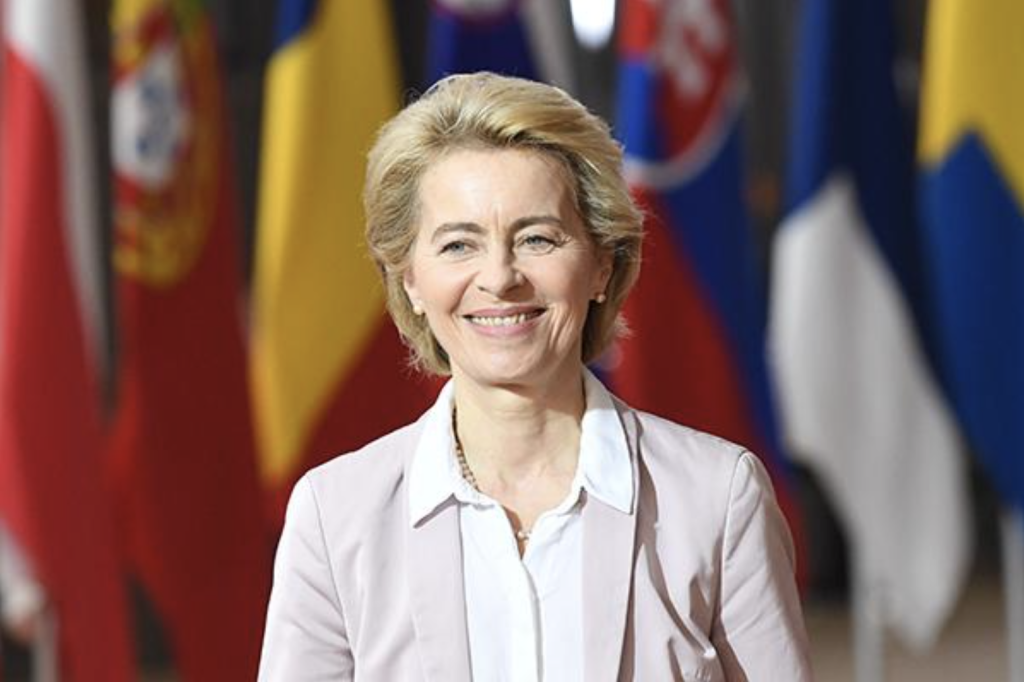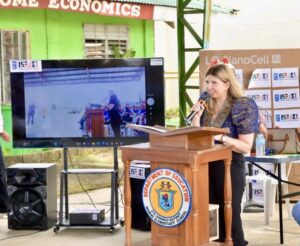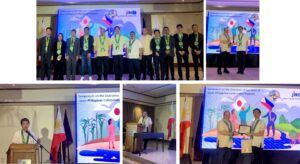
(photo credit: European Commission website)
European Commission President Ursula von der Leyen is visiting the Philippines from July 31 to August 1, 2023 at the invitation of the Philippine President Ferdinand Marcos Jr.
The two leaders met previously during the EU-ASEAN Commemorative Summit in December 2022 in Brussels.
Von de Leyen will be the first European Commission President to ever pay an official visit to the Republic of the Philippines in almost six decades of diplomatic relations.
The visit aims to give a new impetus to the EU-Philippines bilateral relations and engage in discussions on matters of mutual interest, in particular in the ears of trade, the green and digital transition and security.
During her visit, President von der Leyen is meeting the Philippine President, during which they will discuss, among other issues, trade, investment and Global Gateway cooperation.
The EU’s Global Gateway Strategy aims to address partner countries’ infrastructure needs while addressing the most pressing global challenges. These include inter alia fighting climate change, improving health systems, and boosting competitiveness and security of global supply chains.
President von der Leyen will also speak at a high-level business event organized by the European Chamber of Commerce of the Philippines (ECCP) in partnership with the Makati Business Club (MBC).
Background high-level visits from EU to the Philippines have taken place on multiple occasions throughout the past decades. Former visitors to the Philippines include European leaders such as former European Council President Donald Tusk and former High Representative Frederica Mogherini, as well as other EU Commissioners and high-level officials.
Conversely, Philippine Presidents Gloria Macapagal Arroyo, Fidel Ramos and Benigno Aquino; Vice-President Jejomar Binay, and a number of Senators and cabinet officials visited Brussels during their tenure.
The EU-Philippines Partnership and Cooperation Agreement (PCA) was signed in 2012 and has been ratified by all of the parties after the Senate concurred in its ratification. The agreement provides a framework which enables the EU and the Philippines to strengthen their bilateral relationship, in particular on political, social and economic matters, including human rights.
The PCA reflects the longstanding partnership that the EU has with the people of the Philippines and its commitment to investing in a strong and beneficial relationship that benefits both of its citizens.
The EU is also stepping up its strategic engagement with the broader Indo-Pacific region. The region’s growing economic, demographic and political weight makes it a key player in shaping the rules-based international order and in addressing global challenges.
The EU launched its Indo-Pacific Strategy in 2021 to recommit the EU politically to the region with the goal of contributing to its stability, security, prosperity and sustainable development, based on shared values and principles including a commitment to respecting democracy, human rights and the rule of law.


